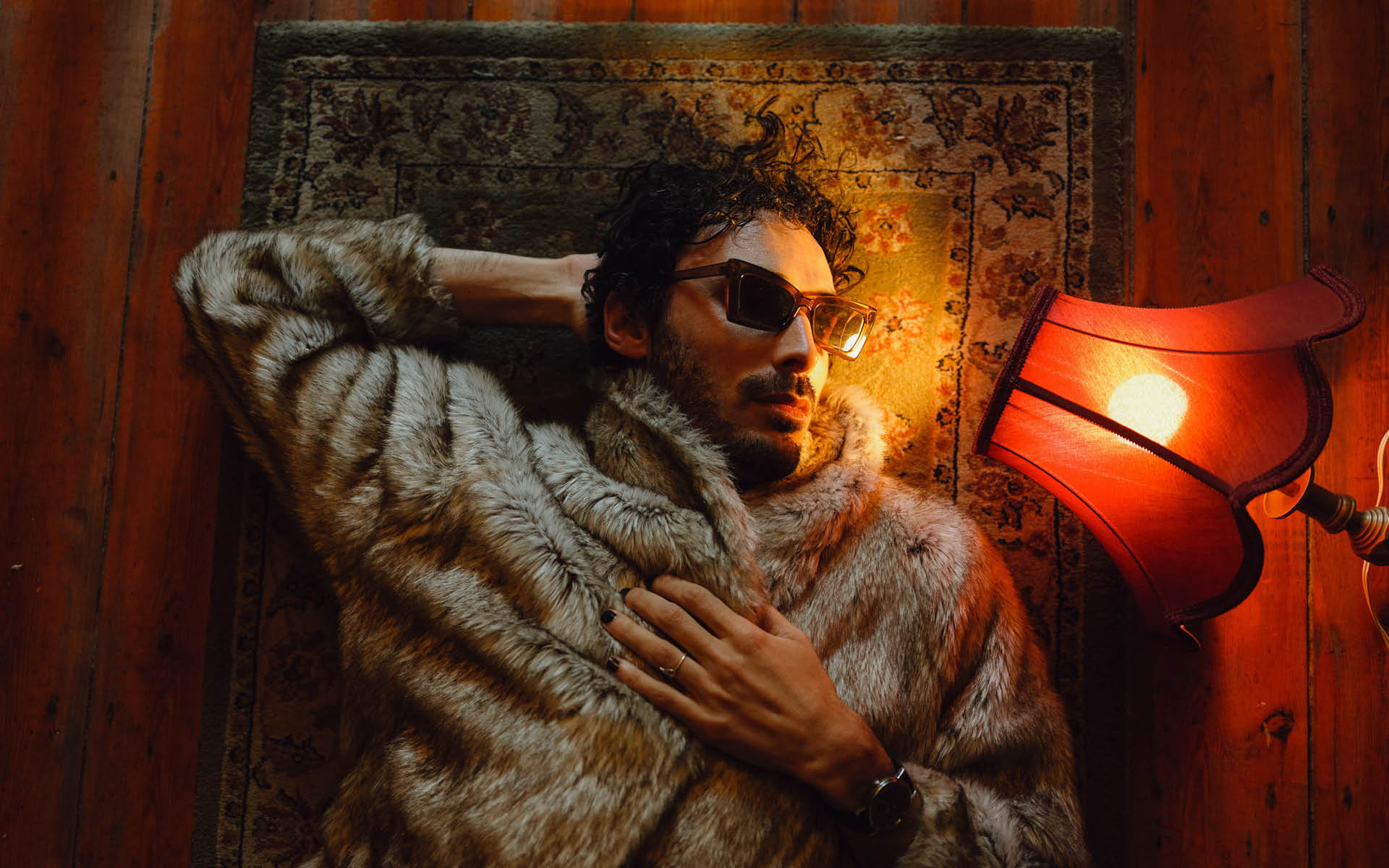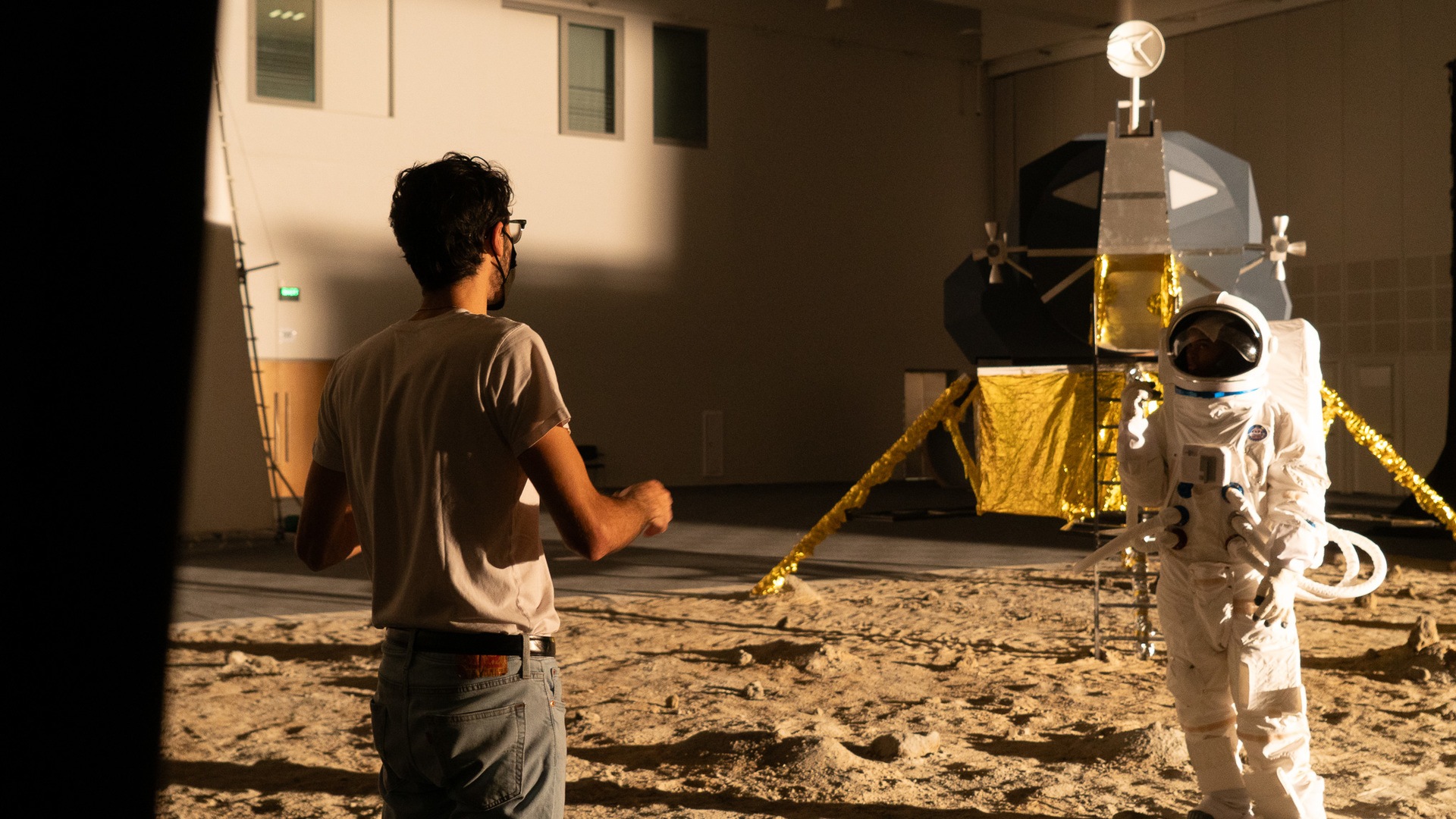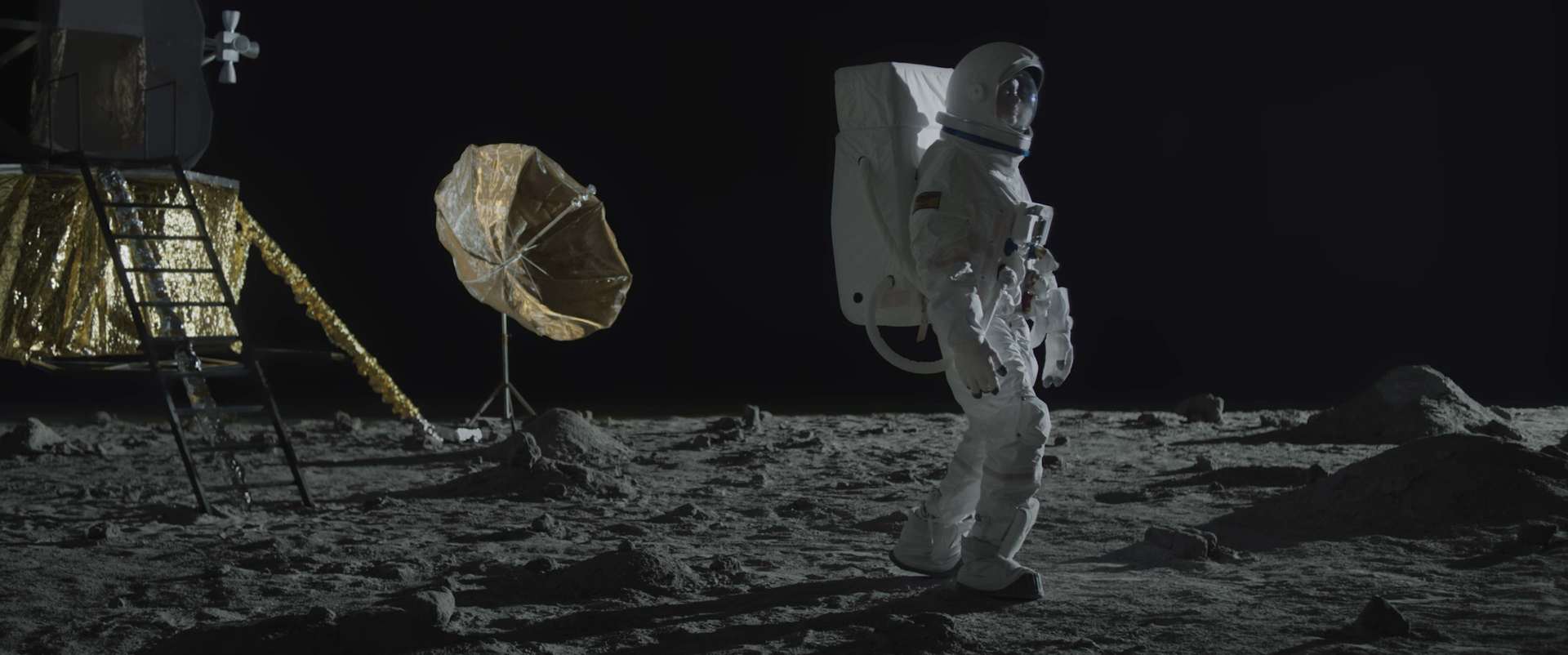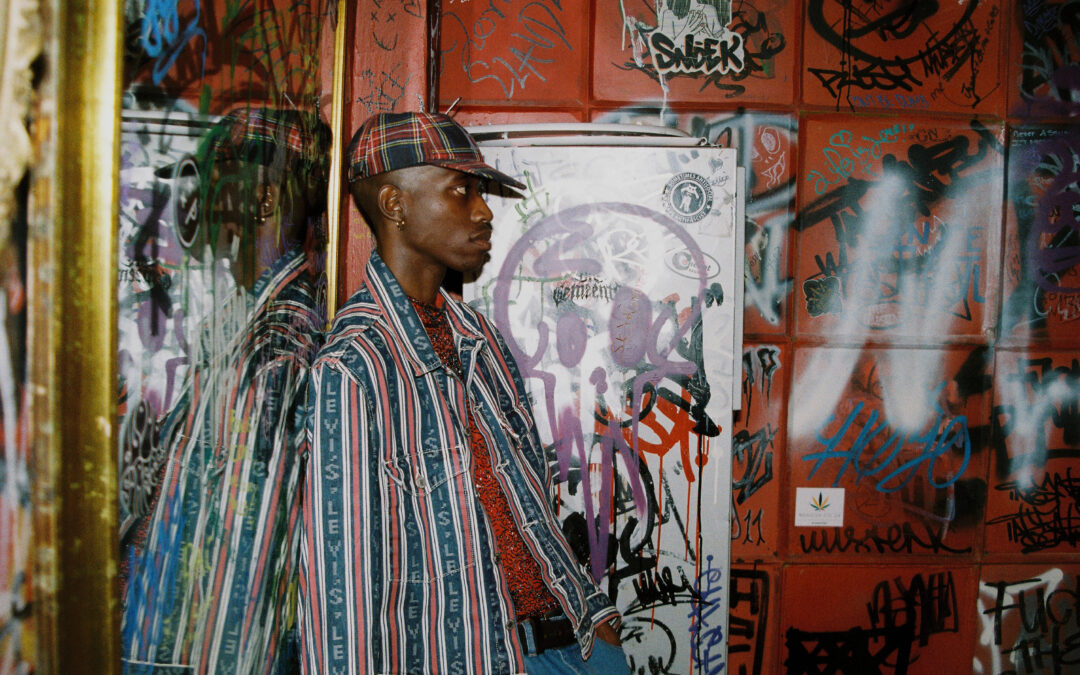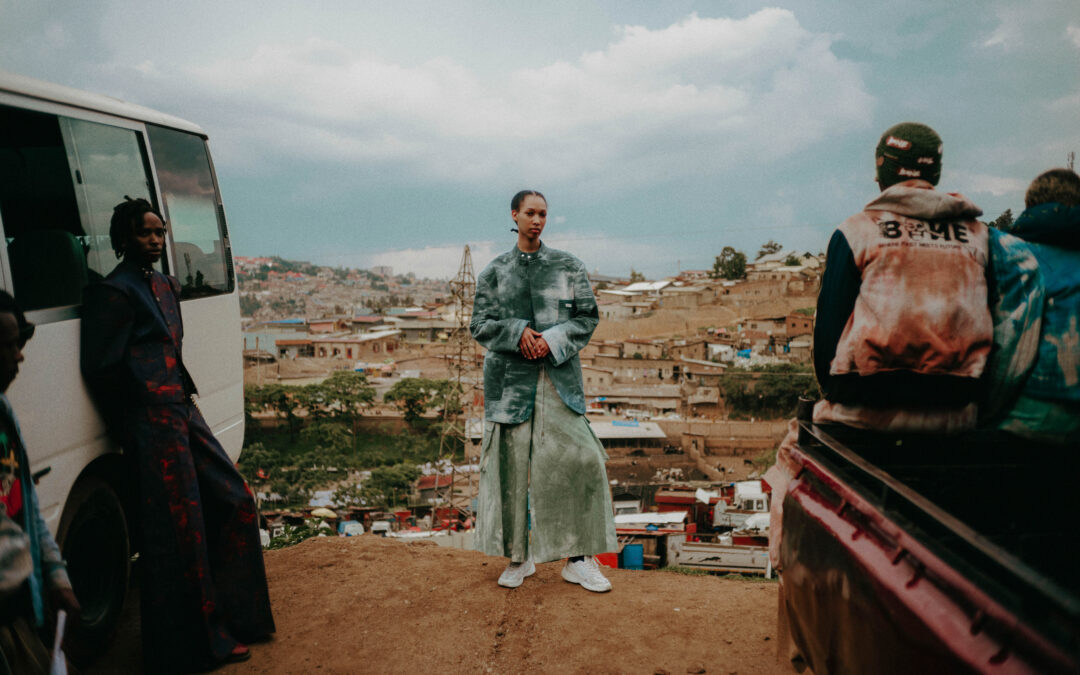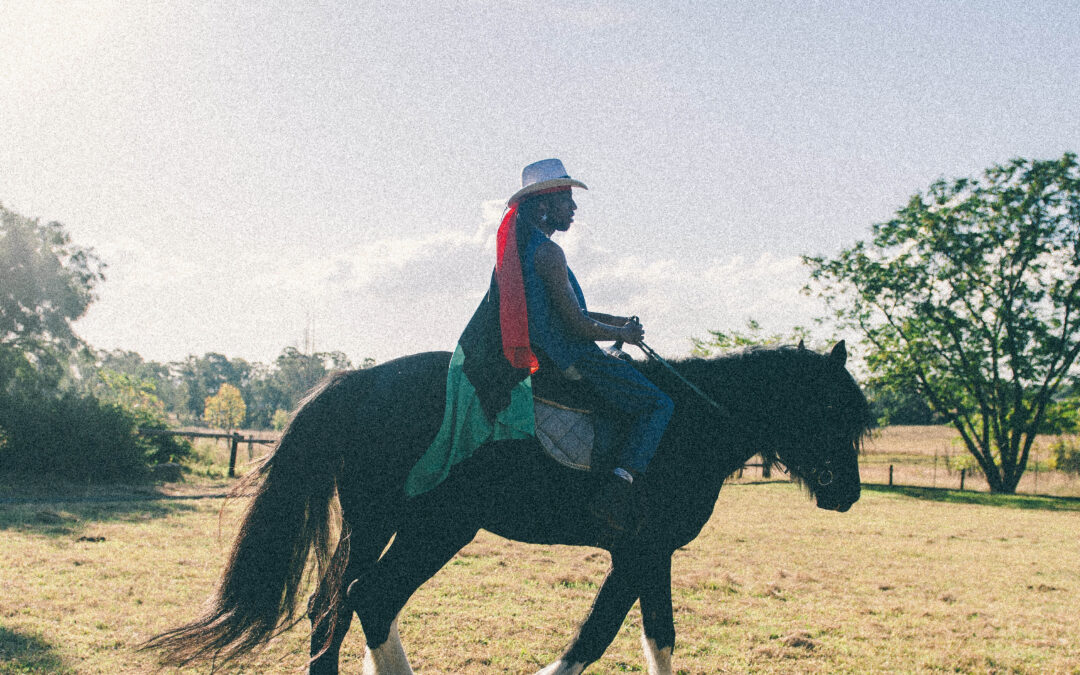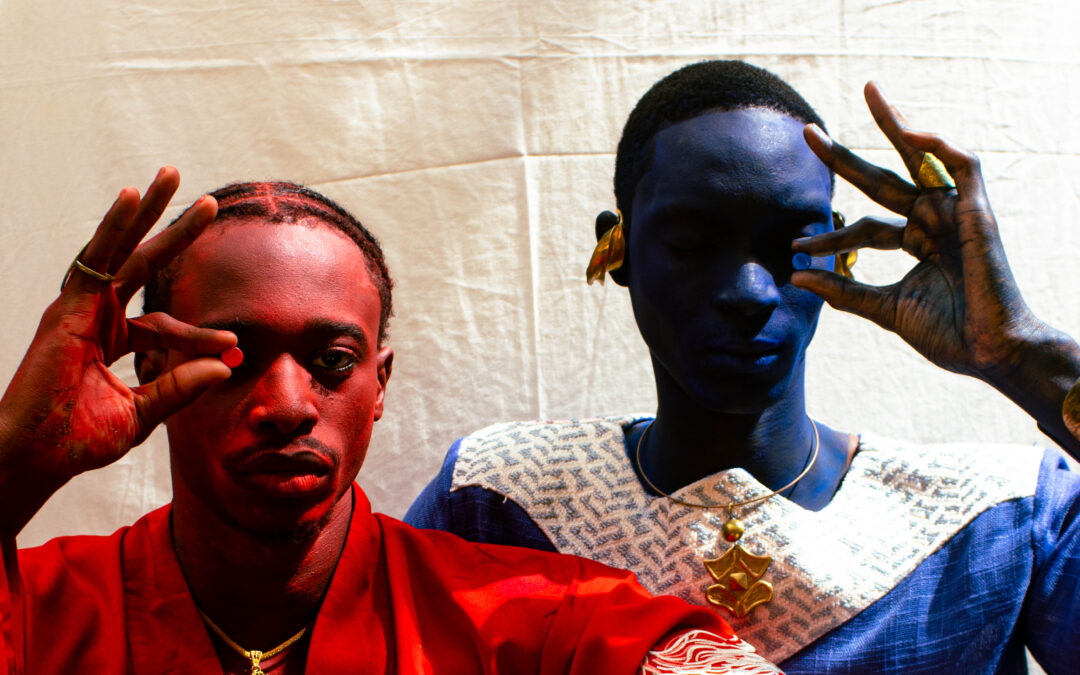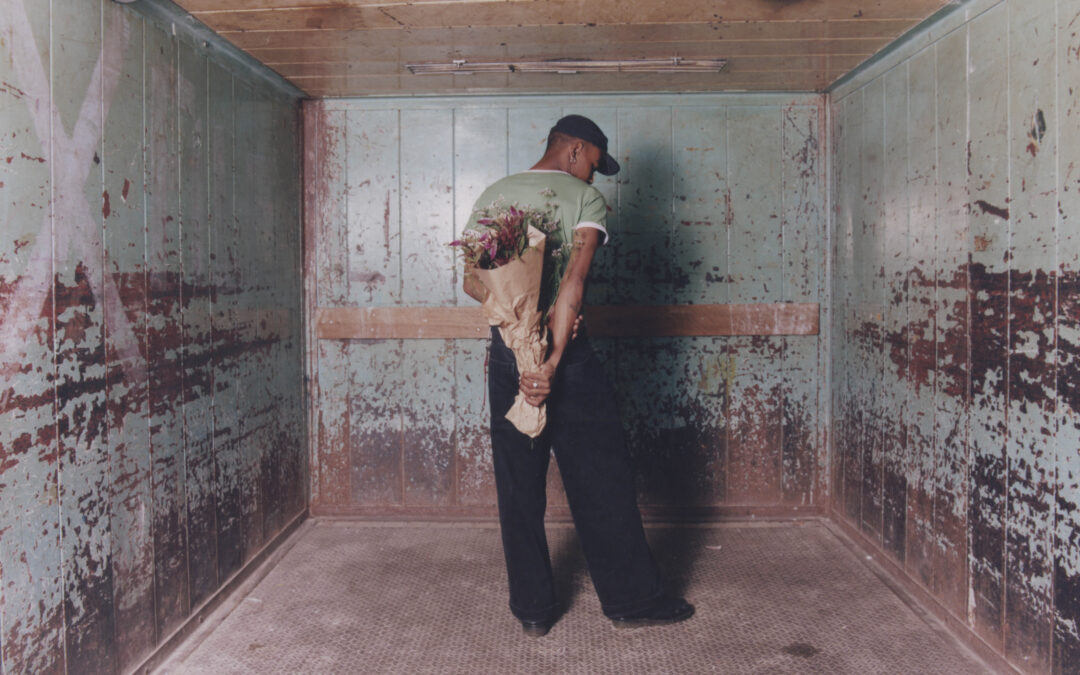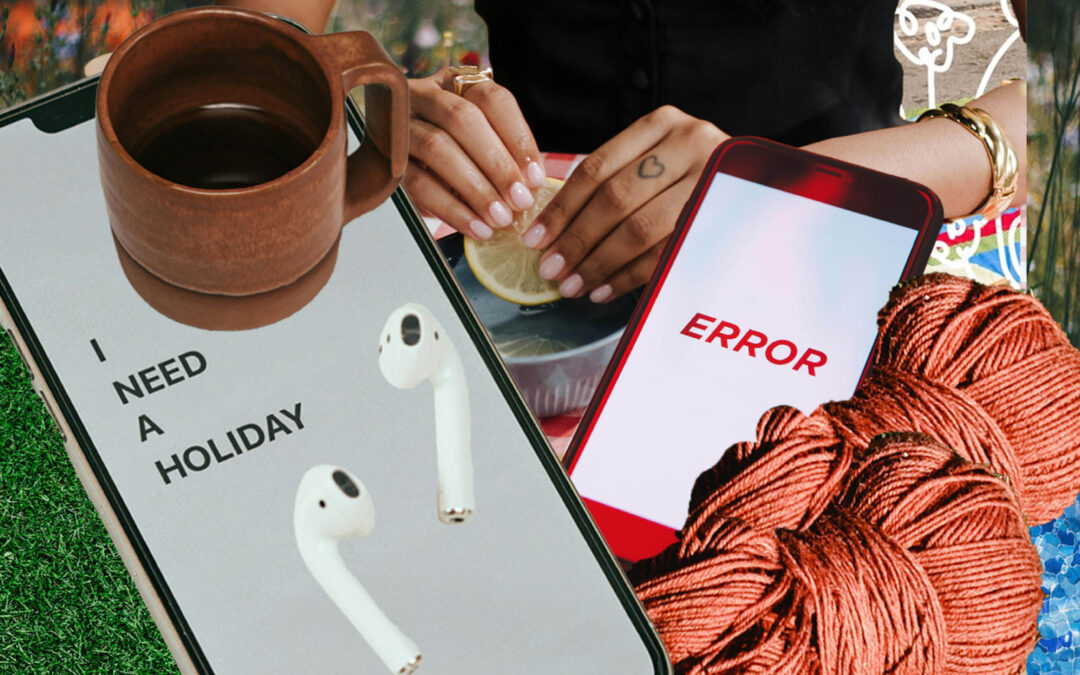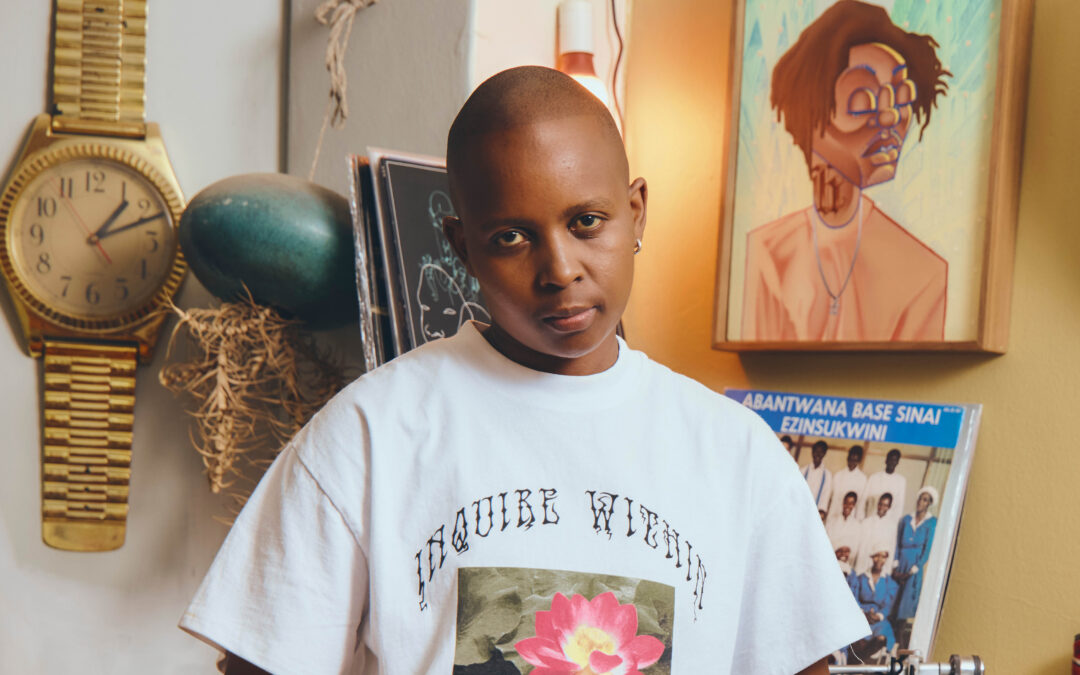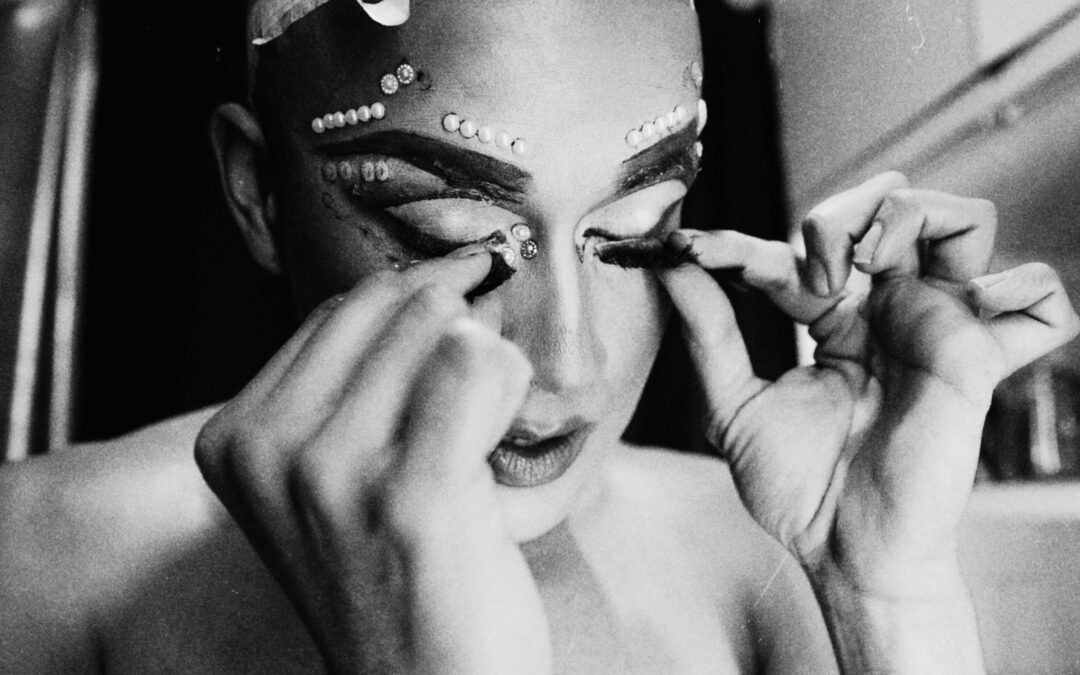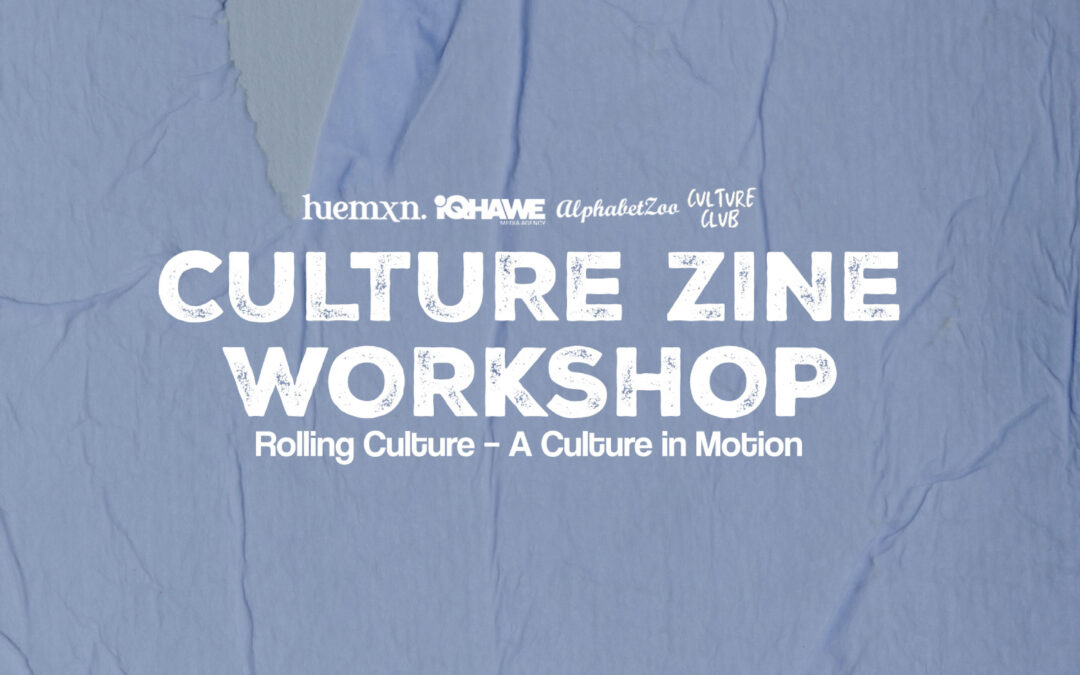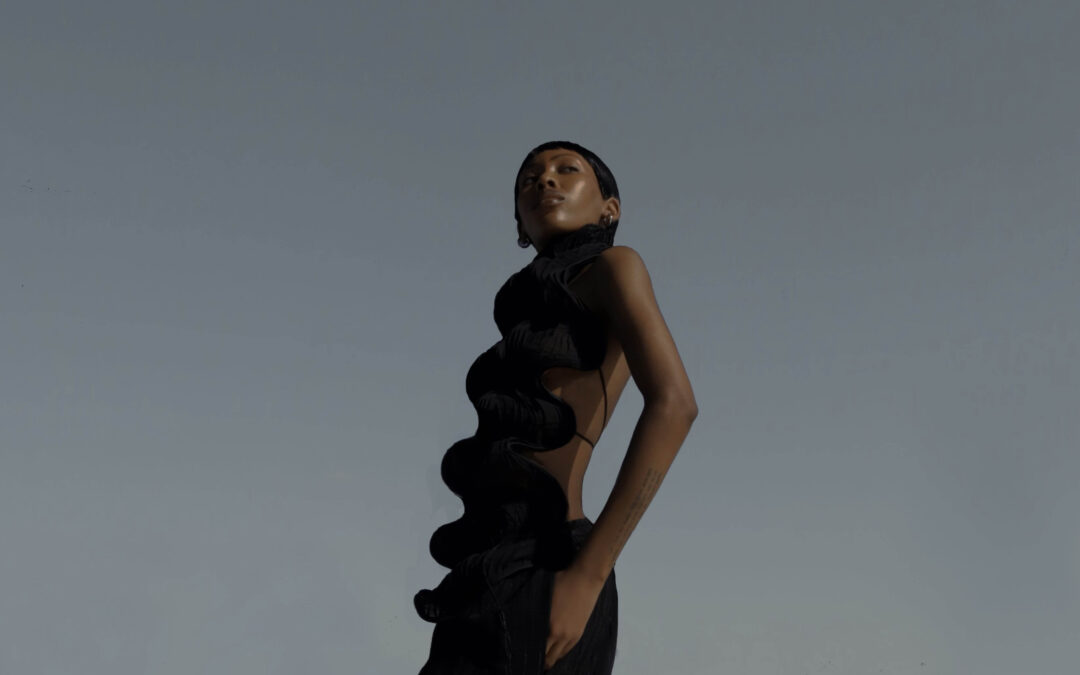There is a cohesive thread running through the many, many talented people that I have spoken to over the years for CEC. When I look back at our conversations, I am drawn to this understanding of what CEC has intended to do; that is, a curious investigation of this abstract force inherent in all the greatest things we love as human beings. We call this thing ‘creativity’ – this multi-faceted human trait that seems to operate outside the bounds of almost anything else. Through this force, we generate ideas and dreams into tangible and ferocious statements about our lives; how life was, how it could be – where is it going? I don’t know of any other phenomena so fluid and unknowable as creativity, nor how it manifests – or that it occurs at the individual level yet leads to cultural and social variance in untold ways, throughout time. Sometimes, I think I take for granted what I really mean by ‘creativity’ in these conversations with creative beings. It takes a conversation like this, with a person like Robert dos Santos, to be reminded.
Robert is a multi-award winning film and commercial director and co-founder of And. Production Company – but this is actually his most recent incarnation. A few years ago, Robert was a practising attorney, donned in robes – his set, the High Court in Cape Town. In a kind of Proustian awakening, Robert was jolted awake by that thing Jung described as ‘a confrontation with the unconscious’ – that is, suddenly that hard-achieved suppression of ones’ ultimate self-discovery could no longer be shut away. The price? A total abandonment of what was before. In our conversation, I ask Rob why he thinks this happened for him – the call to abandon the prestige of being a lawyer in pursuit of creative expression, to which he says “you only live once and we are alive for only a very short span of time. So, you might as well do the most ridiculous thing you possibly can and do it with enthusiasm and excitement – with the willingness to fail. My friend hit me with a quote, ‘man has two lives and the second one begins the day he realises that he’s going to die’. I think that’s the impetus behind why I am the way that I am, why I do the things I do – and why I did what I did. I just simply had to. I had no other choice but to do this, to create.” Rob talks of that inner-voice that only ever came out with close friends – that admittance in passing of ‘oh, there’s this thing I really want to do or make.’
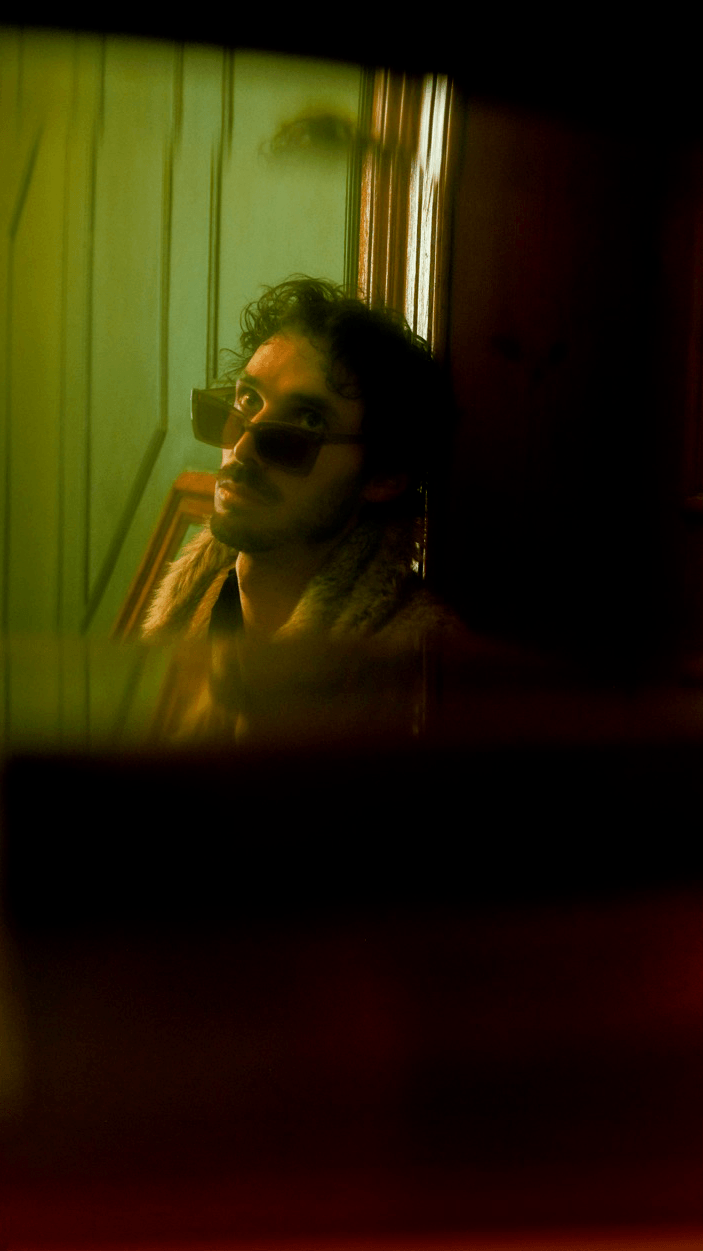
South African director Robert dos Santos, Photographed by Ryan Hing
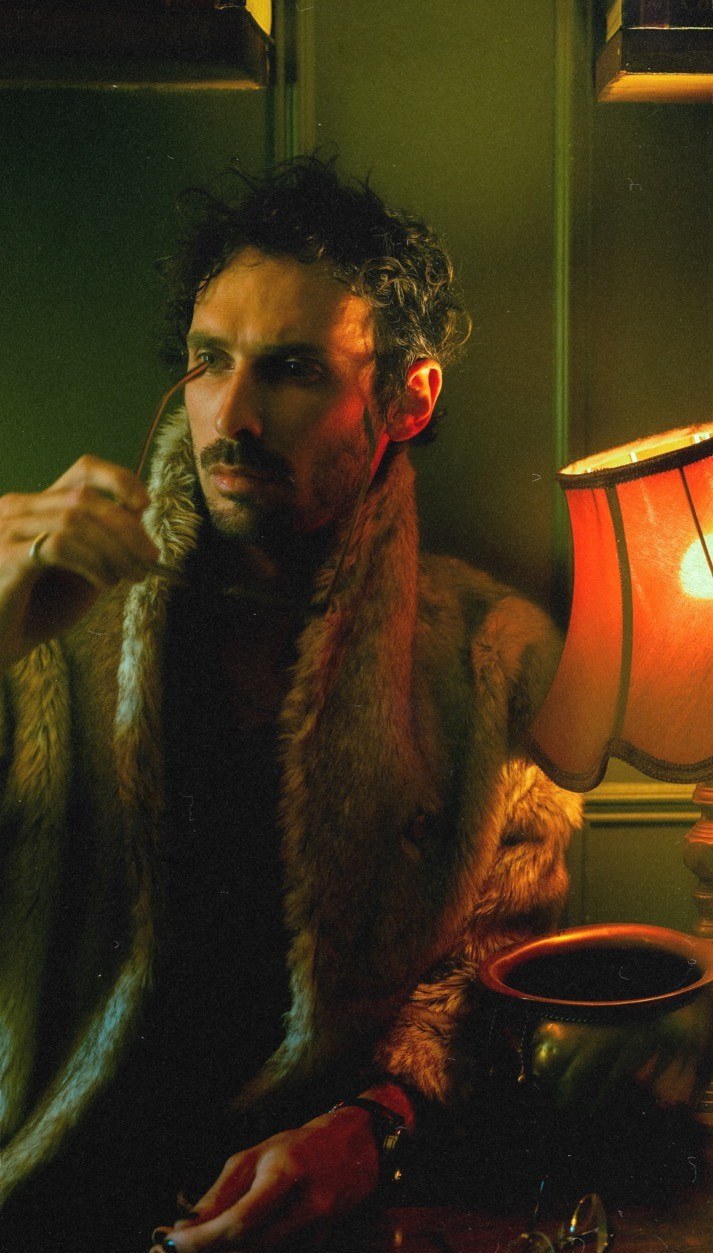
Furiously and urgently, this voice became louder and louder – until Robert knew that he had to leave law. On the difficulty of this choice (we humans are creatures of comfort and safety), Robert describes that “it was utterly and devastatingly difficult to make that choice. The whole world is trying to tell you who you should be and the entire structure of schooling, university and society is to get you to conform. I’m not saying that’s necessarily bad, I understand the need for uniformity, at the same time there’s absolutely nothing wrong with breaking that system. In fact, I think for some people – it’s completely necessary.” Like almost all of us, Robert was inclined by the world to pursue the path already taken. So many of our sacred cows as a society are, in many ways, hindrances to our creative freedom; the job, the family, the two-story house and how these can only be ‘really’ achieved by the tidy boxes ticked by those before us. Rob argues, though, that distraction is one he faced, but also that’s one that most people need to face, saying “my personal belief is that everyone knows exactly what they’re meant to do with their life. If I sit someone down for long enough and ask the right questions, I’m going to get it out of it. They might squirm and squeal or lie. Eventually, they’ll say, ‘you know what, I always wanted to be ___’. I knew it from an early age. I knew I wanted to write and to create. I just happened to have the misfortune of my writing being visual. If my writing were words, then I could just sit, shut away in a room – but my style of creation is in moving images. My writing means I need to raise a lot of capital and storm the castle with a brigade of fellow crewmen.”
So, what does starting from scratch look like, after reaching the apex of another career? Robert says, “all I knew was I wanted to be in this world of film. I started shooting things for myself and I started to write, to edit. I spent a good amount of time doing a lot of other things like producing, shooting and a bit of sound. I figured out that I liked them all equally and being a director means you get to do a bit of all of that, pretty equally. The most important thing for me was to be doing – it was all in the learning and testing that I was able to make that move from where I didn’t want to be, to where I am now.” This lesson is one that all creatives must undertake; that in the making, is the refining – in the menial tasks or experiment – is how one’s point of view is carved out. Robert says, “my friend and I took R4000, a skateboard and a bakkie – and we went and shot the very first commercial I ever did. That is still one of the best things I have ever made. We got three award nominations. From that, I was very lucky to be put in touch with Warner Music, who asked me to do a music video. The trajectory for a lot of South African directors is music videos. They’re the perfect space in which to make mistakes because generally the artist likes that. The more wild, the more strange it is – the better. Warner gave me a lot of room to play and that was essentially my film school. Every shoot I would do something different – one shoot, I would shoot only on long lenses. On another one, I would make sure the camera never stops moving – or I’d make sure that the camera was completely still. I used every music video as a lesson to figure it out.”
Robert believes that commercials are just as artistic as feature films. There is this tension in the film industry – a lack of ‘artistic valuation’ towards the commercial format and its supposed stifling of the creative process. Though, what else could be more challenging than to invoke emotion from a mass audience, than advertising? Robert’s specialisation is vehicle commercial for the likes of Mercedes Benz and in the few years he has been answering his creative call, has come 40+ awards and nominations around the world – from the US to the UK, Germany, France, Croatia, South Africa and more – his first narrative short film, ‘A Moment’ won best film at the Los Angeles Film Awards. We often talk about creative destiny on CEC – Robert is embodying precisely this.
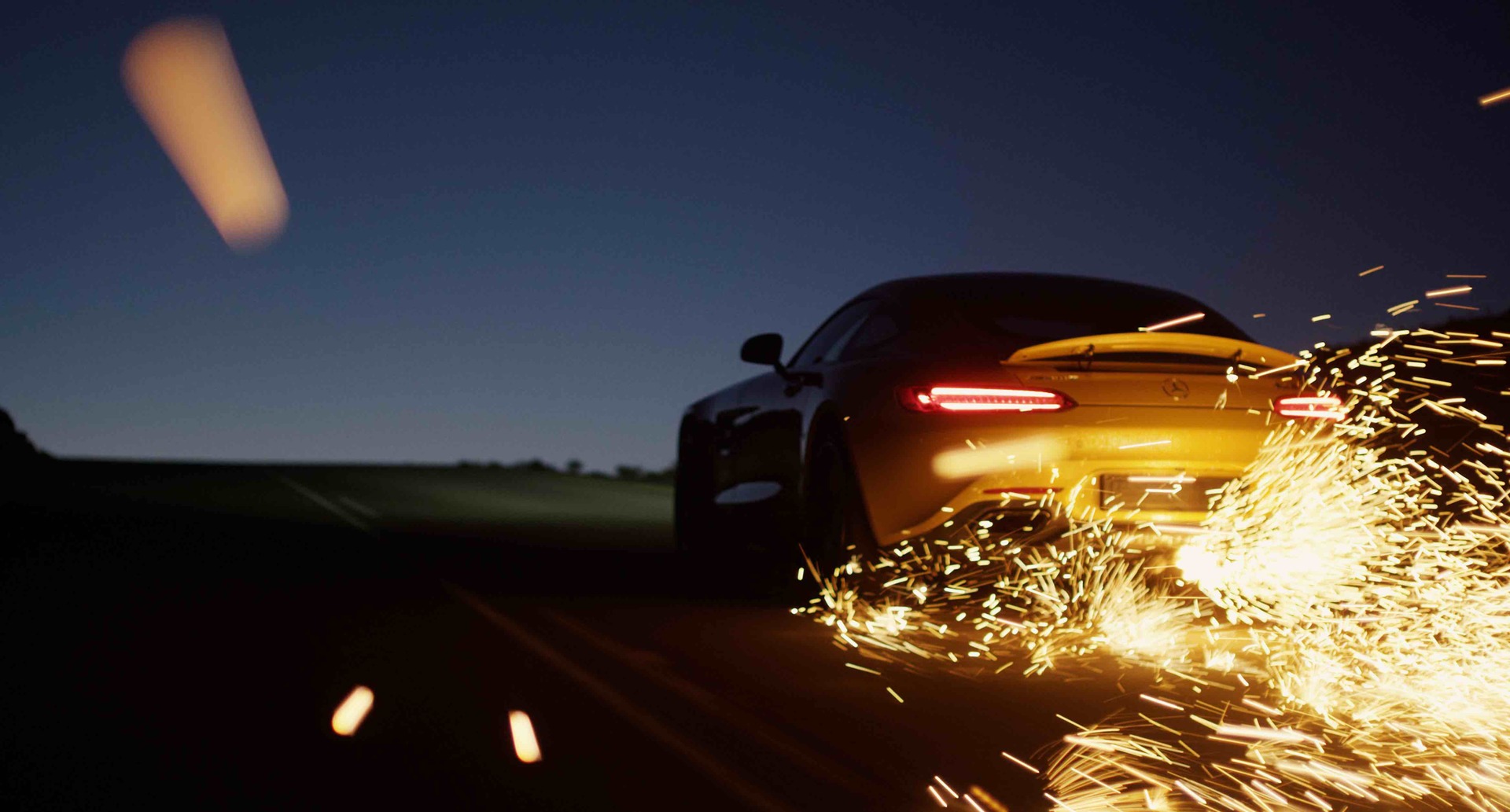
With a feature film in the pipeline (which can’t be disclosed just yet), I ask Robert whether he’s found his voice? To which he says, “Yes, I have – and you have no idea how good it feels to finally be able to say that. I think it’s a painful rite of passage for any creator or artist. Sharing your voice is really the core of what you’re doing when you make anything. Finding my voice came from accepting the fact that we exist. I know that might sound odd, but it is such an anomaly that we exist on this planet, in this solar system and in this universe. This life is such a rare and unique mistake. We, as human beings, happen to be unlike anything else that we know of. We are sitting here talking to each other through a mixture of silicone and metal, at a distance. When I realised that my voice is about taking this extraordinary chance that we are alive and speaking about it through my work. I don’t want to be blase about being alive and if my work can demonstrate anything, it’s how incredibly cool it is to be alive. Seize the fucking moment.”
Explore Robert dos Santos’ work HERE
Explore And. Production HERE
Written by: Holly Beaton

